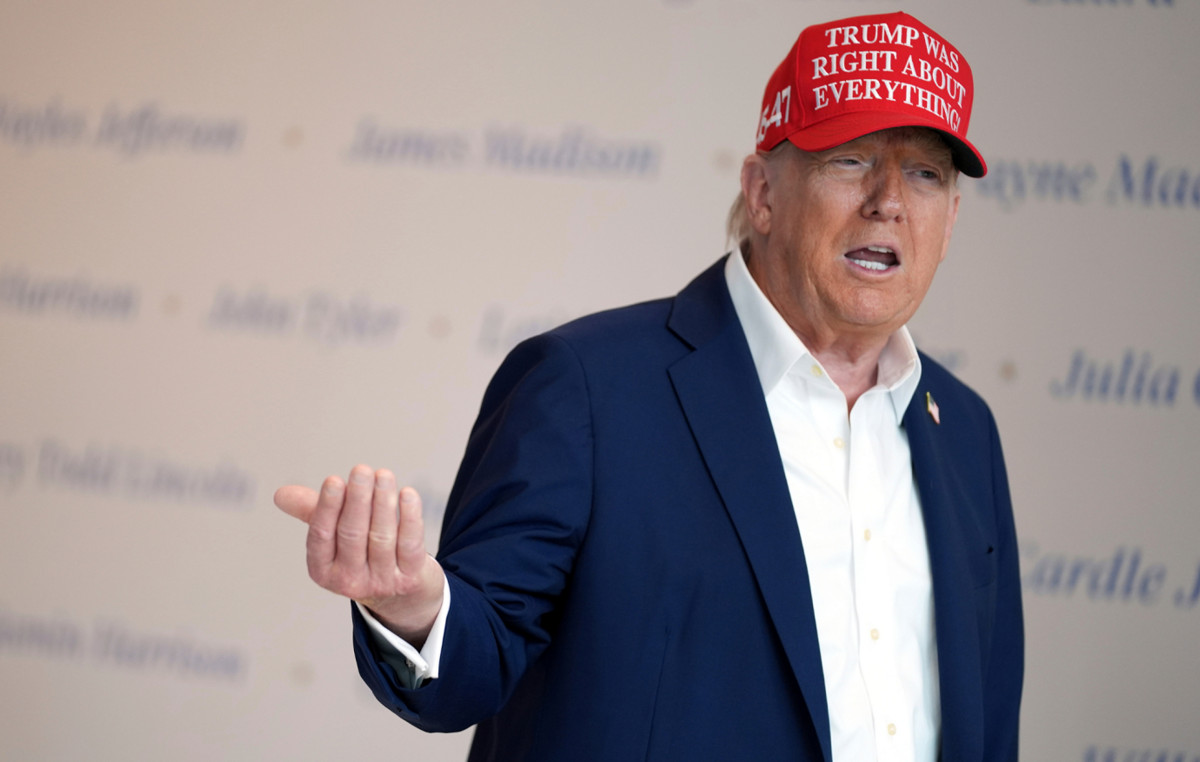The Central Bank made the correct decision to remain concerned about inflation by suggesting that it will continue to raise interest rates at the next Copom meeting. As bad as the idea of raising interest rates is, inflation still hasn’t let up, and there are signs that it could rise above what the market is expecting for 2023.
The growing fiscal risk with the federal government’s ICMS measures tends to be a shot in the foot for economic policy. By lowering the state tax, it opens a gap for state accounts from next year when commodities and growth are much lower than they were last year.
At the same time, other temporary exemptions, which are valid for this year, tend to return part of the inflation that would, in theory, be eliminated this year. Therefore, the market has adjusted the inflation expectation for next year to above 5%, getting further and further away from the target and bringing even more difficulty to the BC. If he was already alone, he now has a player intensely against in the figure of fiscal policy.
To make matters worse, by increasing the fiscal risk, it puts pressure on the exchange rate and the resulting depreciation of the real worsens inflation expectations for the second half of the year. Some of the depreciation we’ve seen over the last few days has to do with US monetary policy, but it also has to do with the government-sponsored fiscal worsening.
In addition, the expectation is for the price of a barrel of oil to rise ahead, not fall. With exchange rates and oil prices on the rise, the risk is that we will continue to see increases in fuel prices that largely offset tax cuts. In other words, in addition to the fact that there will be no effective drop in gasoline and diesel prices, we will have a worse impact on the economy for 2023.
This all becomes more challenging with an election in between. With no clarity on what the next president will do, we are in the dark about what economic policy could be from 2023 onwards. ceiling if Lula is elected. In the case of Bolsonaro, the command of fiscal policy in the last two years has not been very different from what one would imagine in a Lula government and this proximity of action makes Bolsonaro also a risk next year.
With this scenario, we should arrive in August, at the doors of elections , with another increase in the Selic, reaching 13.75%. The risk is that we may not stop there. There are already good analysts predicting Selic between 14% and 15% by the end of the year, which is not unreasonable given the size of risks that lie ahead.
It will still be difficult months for the population, but unfortunately it needs to be prepared for an equally complicated 2023. It will be less inflation, but with weaker labor market and growth. This tends to have a strong impact on electoral debates this year, but it poses a huge sticking point for the start of a new government. Sleep with a noise like that.
Source: CNN Brasil
I’m Susan Karen, a professional writer and editor at World Stock Market. I specialize in Entertainment news, writing stories that keep readers informed on all the latest developments in the industry. With over five years of experience in creating engaging content and copywriting for various media outlets, I have grown to become an invaluable asset to any team.







